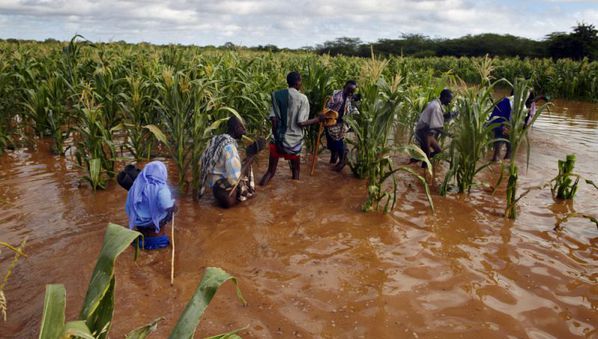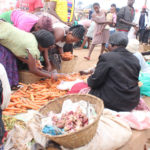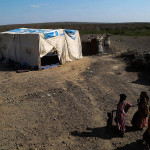The heads of the three Rome-based UN agencies, FAO, IFAD and WFP, along with the UN Special Envoy on El Niño & Climate, have warned that more than 60 million people worldwide, with about 40 million in East and Southern Africa alone, are projected to be food insecure due to the impact of the El Niño climate event.
To coordinate responses to these challenges UN agencies and partners on July 6 met at the Rome headquarters of the UN Food and Agriculture Organisation (FAO). The joint meeting included officials from the International Fund for Agricultural Development (IFAD) and the World Food Programme (WFP).
FAO Director-General José Graziano da Silva warned that the impact of El Niño on agricultural livelihoods has been enormous and that with La Niña on the doorsteps the situation could worsen.
“El Niño has caused primarily a food and agricultural crisis,” he said, announcing that FAO will mobilise additional new funding to ‘enable it to focus on anticipatory early action in particular, for agriculture, food and nutrition, to mitigate the impacts of anticipated events and to strengthen emergency response capabilities through targeted preparedness investments’.
Meanwhile, OXFAM international–a confederation of non-governmental organisations, reported that about 60 million people across Southern Africa and the Horn of Africa, Central America, and the Pacific now face worsening hunger and poverty due to droughts and crop failures in 2014/5 that have been exacerbated by the El Niño weather system in 2015/6.
“This number is likely to rise,” warns this international confederation of NGOs.
OXFAM has recently issued a short report giving a voice to some of the people that it is working with in Ethiopia, Malawi, Zimbabwe, El Salvador and Papua New Guinea. “They’ve told us that they have lived through bad times before, but that this drought is much worse than previous ones,” says the report, which is authored Debbie Hillier.








